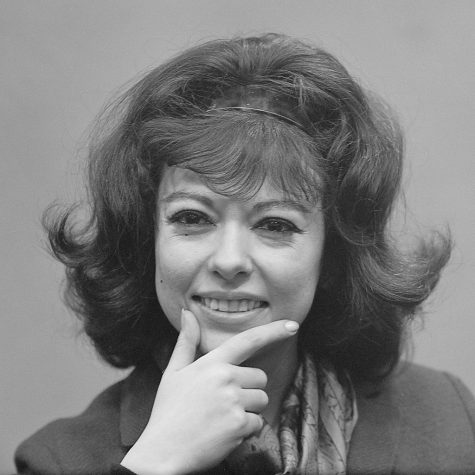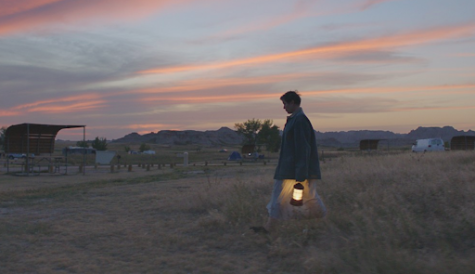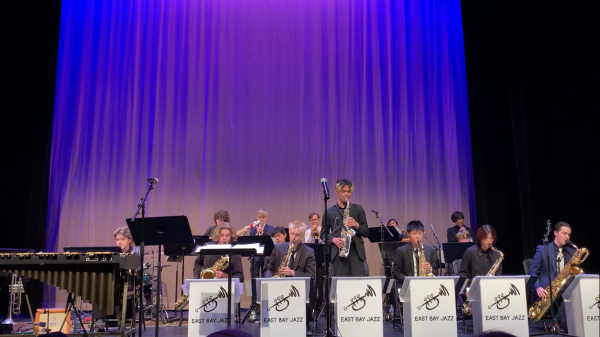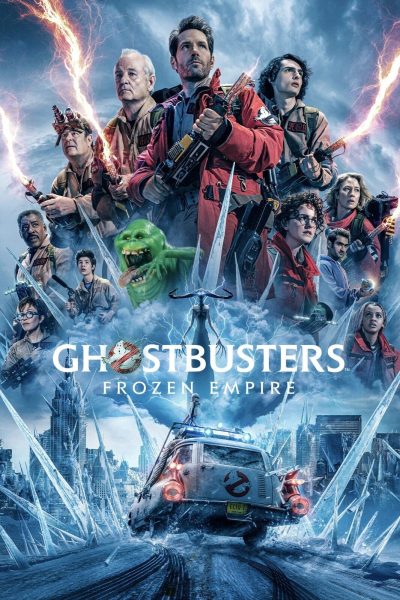Hollywood’s gradual change: acceptance and diversity
Hollywood is one of America’s major cultural institutions, and since its creation nearly a hundred years ago in 1887, it has become a global phenomenon and a tower of western culture. Yet as time progresses, it has been slowly embracing a show of diversity and more modern values of equality.
Hollywood: Past
Traditionally known for white male directors and stories catered to a likewise population, Hollywood represented the progress of American culture. In the past century, they often have produced questionable works, but not out of malicious intent, but out of ignorance. As an English teacher puts it:
“Hollywood’s intentions weren’t to be offensive[in the cases that they were], it’s just that the culture of the general American public was a lot different in the old days,” said Erik Ekstrom.
However, this isn’t to say Hollywood has been a conservative institution – historically, it has been a representation of American attitudes and cultures, conservative and liberal alike. Even in its earliest days, its directors have drawn attention to social problems and ethnic and class tensions.
“West Side Story during its time was pretty new and out of the norm. The main actress was of Latin American descent, quite a lot different from other white female leads,” said Ekstrom.

While movies like Schindler’s List (1993) , West Side Story (1961), Citizen Kane(1941), and One Flew over the Cuckoo’s Nest(1975) lie on the progressive side, Hollywood has experienced its fair share of discriminatory films.
“There were for sure movies that weren’t as conscious of offensive stereotypes. Breakfast at Tiffany’s had a Japanese man portrayed in very stereotypical manners,” said Ekstrom.
From more subtle ways such as rarely depicting interracial couples to blatant use of blackface in films like Kid Millions(1934), Hollywood is not free of discriminatory works either.
Hollywood: Modern Era
Today, with the rise of movements striving for cultural equality, Hollywood has been slowly shifting to include more diversity.
From serious social issues such as African American prejudice drawing attention in movies like 12 Years a Slave to more lighthearted films like Crazy Rich Asians, and even social media hashtags like #OscarsSoWhite, the new wave of hopefully more equal American culture will prevail.
“I really enjoyed Crazy Rich Asians. It was so fun watching it at the theaters and seeing Asian faces on that screen which usually is pretty rare,” said Joshua Yu (‘23).
More notable is the rise of representation in the mainstream film industry and blockbusters. Studios like Marvel and Disney crank out films like Shang-Chi (2021), Black Panther (2018), Coco (2017), Moana (2016), and more year after year making huge box office hits.
“I really liked Shang-Chi as the action scenes were super cool and seeing Asian-style martial arts made me really proud of my culture,” said Chao-Wei Hsu (‘23).
However, in terms of awards, prestige, and Sundance-ishness, female and minority directors struggle to make an impression in film history compared to movie giants such as Christopher Nolan or Steven Spielberg. The recent Nomadland has defied this expectation.
“Nomadland puts a facet of a society that goes unknown, and those that essentially are homeless but almost homeless by choice. It felt cultured and expressive of that American wanderlust,” said Mairi Wohlgemuth, Amador US History teacher.
Slowly but surely, they are edging their way in. In 2017, Moonlight, with its focus around an African American homosexual young man, won Best Picture despite La La Land sweeping for the other categories of the Oscars.
“Moonlight won Best Picture, against La La Land, which showed Hollywood opening up and being more accepting. It reminds me of another film, Tangerine that was shot on an iPhone telling the story of two trans women. That actually made it to the Sundance [film festival],” said Ekstrom.
In 2021, Nomadland by the Chinese-American female director Chloe Zhao won Best Picture, and in 2020, Parasite eventually prevailed over Joker after a close contest.
“Parasite was a movie that made me understand how capitalistic and how desperate it is in South Korea and our world too. That gave watching something like Squid Game a deeper meaning,” said Wohlgemuth. “When I see a pizza box now, it suddenly occurs to me that someone had to fold them for a living to make money.”
Similarly, 13th, a documentary on systemic racism in the justice system, also by a female African American director Ava Duvernay, has succeeded both ideologically and commercially.
“13th brought how what we’re studying in history can be applied today. I can point at 13th and its presentation of systemic racism and injustice in our judicial system, and you can take it back all the way to the clause in the 13th amendment,” said Wohlgemuth.
Hollywood is not perfect. It is history’s own unique way of marking history, except through films and cameras rather than pen and paper.

Yet Hollywood in all its flaws and imperfections, as its representation of human history too, slowly progresses for the better.
Your donation will support the student journalists in the AVJournalism program. Your contribution will allow us to purchase equipment and cover our annual website hosting costs.










